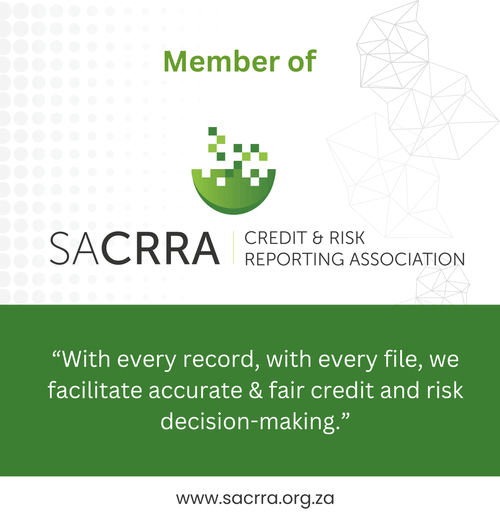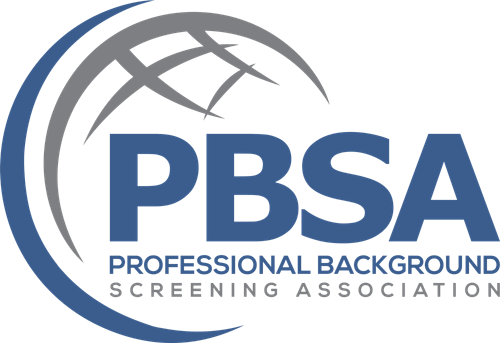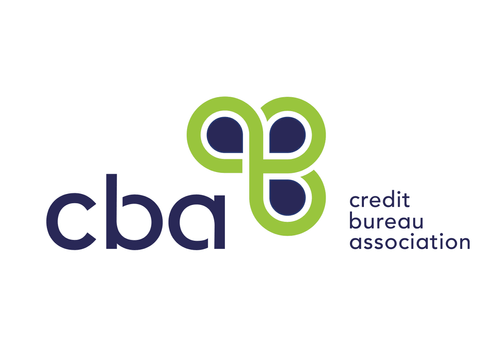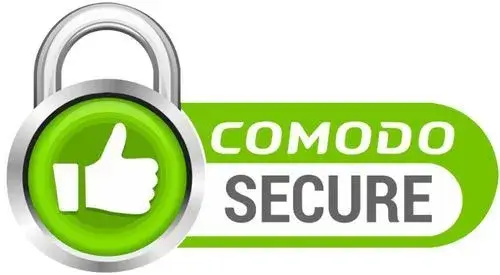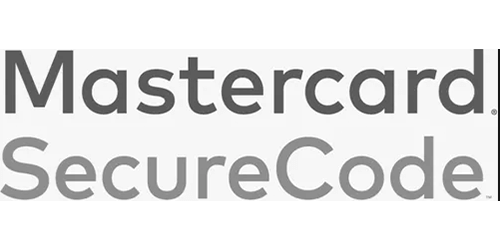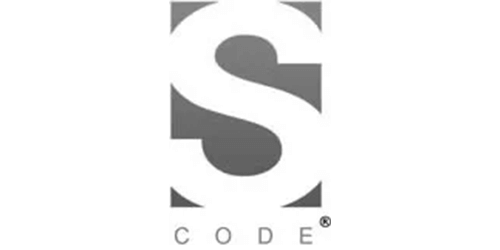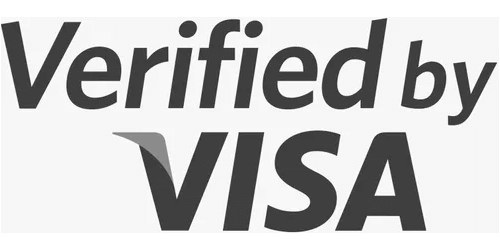The release of matriculation results is a pivotal moment for students across South Africa, marking the culmination of their high school education and the beginning of their journey into higher education or the workforce. However, for some, the pressure to succeed and the fear of failure can lead to the consideration of drastic measures, including the temptation to purchase fake matric certificates.
Understanding Qualification Fraud
Qualification fraud involves the misrepresentation of one’s educational achievements, typically by obtaining or using fraudulent academic certificates. Our world increasingly values educational credentials, and the allure of a quick fix can be tempting. However, the consequences of such actions extend far beyond the individual, undermining the credibility of educational institutions and devaluing legitimate qualifications.
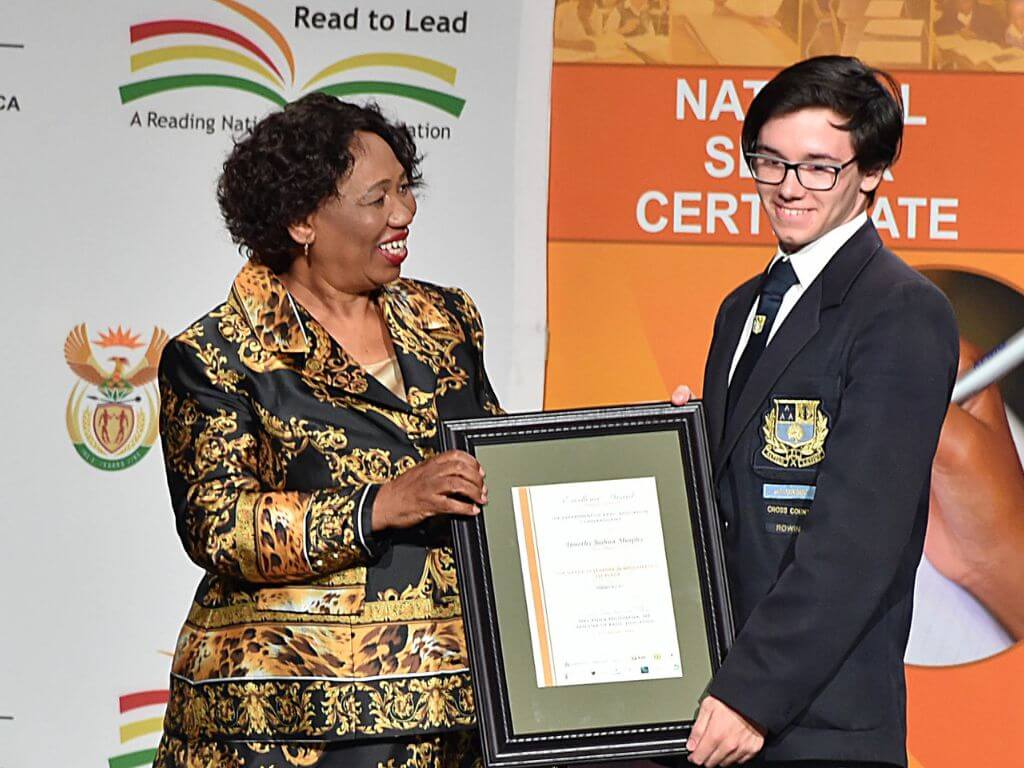
“Minister Angie Motshekga announces 2019 Matric Results in Midrand” by GovernmentZA on Flickr, licensed under CC BY-ND 2.0. View License
The Appeal of Fraudulent Qualifications Amidst Matric Results
The Basic Education Minister announced that the class of 2023 achieved a historic pass rate of 82.9%. Though impressive, this number only scratches the surface of a much larger problem. Critics point out that this statistic overlooks the substantial number of students who did not continue through to their final year of schooling.
The official count of 897,775 matriculants sitting for exams comprises both full-time (715,719) and part-time (182,056) candidates. Back in 2012, this cohort began with 1.2 million learners. Today, only a fraction of them remain. This discrepancy highlights that more than 490,000 students left before completing their matric, raising questions about the effectiveness of the broader educational system and the societal pressures faced by students.
BusinessInsider reports that only about 55% of those who started school in 2012 completed their matric. This statistic reveals a significant dropout rate and spotlights the challenges within the educational pipeline.
This situation leaves a vast number of young South Africans without a matric certificate, desperately navigating the job market. The appeal of purchasing a fake matric certificate, therefore, becomes increasingly tempting for those seeking to bridge this gap, including both dropouts and those who attended matric but did not pass.
Fake Matric Certificates for Sale: Prices Start as Low as R1000
For a relatively modest sum ranging from R1000 to R3000, counterfeit matric certificates are being peddled online, exploiting those who have not succeeded in their high school exams or who have exited the educational system prematurely without achieving a Grade 12 qualification.
The internet is overflowing with ads that pledge to help desperate people with their academic shortcomings very quickly. These fraudulent promises are particularly insidious, as they target individuals at a low point, offering a seemingly easy way out of their predicament through the purchase of fraudulent qualifications. This highlights the need for awareness and vigilance to avoid scams targeting students and parents.

“Deputy President Kgalema Motlanthe interacts with Bishops Diocesan College learners, 10 June 2013” by GovernmentZA on Flickr, licensed under CC BY-ND 2.0. View License
The Impact of Qualification Fraud
The impact of qualification fraud extends into both the business sector and the broader educational landscape. Employers face the risk of hiring individuals who, despite having seemingly legitimate credentials, lack the essential skills and knowledge required for their roles. Such compromises not only hinder operational effectiveness but also pose potential risks to public safety.
Furthermore, the widespread issue of counterfeit qualifications undermines the credibility of the education system, leading to a growing mistrust among employers regarding the authenticity of academic achievements. The legal repercussions for individuals caught using fraudulent certificates are severe, including the possibility of imprisonment for up to five years or substantial fines.
Recent incidents stress the urgency of this issue. In 2023, a notable case in the Northern Cape involved the arrest of five individuals for allegedly using fake matric certificates to apply for police officer positions, highlighting the real-world implications of qualification fraud (News24). In response to such fraudulent activities, Umalusi, the authority responsible for quality assurance in general and further education, has urged employers to rigorously vet the matriculation certificates of potential employees (IOL).
For those concerned about the authenticity of an employee’s matric certification, leveraging platforms like DotsAfrica’s qualification-checking service can offer a robust solution, ensuring that credentials are verified and trustworthy.
Alternatives to Fraud for Matriculants
If students feel disappointed with their matric results, it’s important to know that there are legitimate paths available to move forward. Supplementary exams, further education, and vocational training offer opportunities to improve qualifications and pursue careers without resorting to dishonesty.




